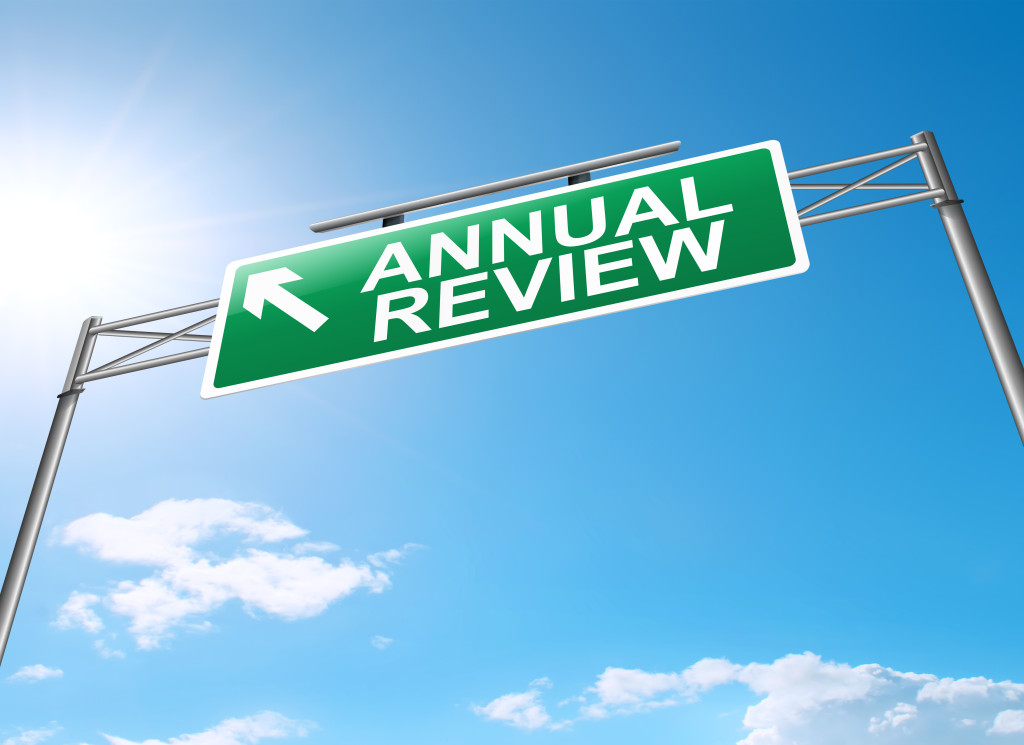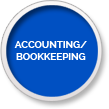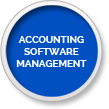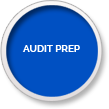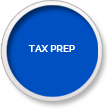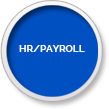Yearly. Performance. Review. Those three words often elicit a feeling of dread for even the most competent and high performing employees. And as an employer, there’s a good chance that you may also feel anxious when it comes to preparing for your yearly review. But it doesn’t have to be this way.
Given all of the built up anxiety and dread over yearly reviews, chances are they are put off for as long as possible and then the reviews are quickly muddled through. But if done correctly, by both parties, an employee appraisal can be a tremendously powerful tool for a successful business. Employers are able to learn more about how well an employee is performing and where they see themselves in the overall company picture, and employees benefit from knowing how well they are doing at their jobs and that their efforts are appreciated. Here are several important tips for how to prepare for your yearly review:
- Set benchmarks early – It’s helpful for employees to have a clearly defined set of responsibilities and performance goals from the beginning, even as early as the hiring process. It’s difficult to appraise something if it hasn’t been quantified.
- Establish periodic evaluations – The yearly review should be part of an ongoing dialogue that takes place throughout the year. By regularly checking in with employees, at least on a quarterly basis, you can help to avoid big surprises at the end of the year, and approach performance more proactively.
- Hold an effective meeting – Make sure that you allow enough time for each meeting and that you never rush the process. Begin by focusing on the positives (strengths and potential), and be honest, tactful and professional when discussing areas for improvement. Close the meeting by setting goals and expectations for the coming year to help energize and inspire the employee.
Developing a database that helps to organize and track performance reviews can also be tremendously helpful for employers. It’s helpful to quickly and easily access previous reviews to see how an employee has developed over time and to provide specific examples of progress.
How do you prepare for your yearly review?
